China 1994/99 year stamps collection – MNH (**)
The 1990s were a dynamic period for China, marked by significant economic reforms, social changes, and increasing global engagement. Here are some key developments that occurred in China during the 1990s:
- Economic Reform and Opening Up: China continued its economic reform and opening-up policies initiated under Deng Xiaoping in the late 1970s and 1980s. The 1990s saw further liberalization of the economy, including the decentralization of economic decision-making, privatization of state-owned enterprises, and expansion of foreign trade and investment.
- Rapid Economic Growth: China experienced rapid economic growth throughout the 1990s, fueled by market-oriented reforms, foreign investment, and export-led industrialization. The country emerged as one of the world’s fastest-growing economies, with double-digit GDP growth rates in many years.
- Special Economic Zones (SEZs): China continued to develop and expand its special economic zones (SEZs) in coastal areas, such as Shenzhen, Shanghai, and Guangzhou, which served as experimental grounds for economic reforms and foreign investment incentives.
- Social Changes: The 1990s witnessed significant social changes in China, including urbanization, migration from rural to urban areas, and the emergence of a new middle class. The government implemented various social policies to address issues such as education, healthcare, and poverty alleviation.
- Hong Kong Handover (1997): In 1997, China regained sovereignty over Hong Kong from the United Kingdom, ending more than 150 years of British colonial rule. The handover marked a significant moment in China’s modern history and was accompanied by the principle of “one country, two systems.”
- Technological Development: China began to invest heavily in science, technology, and innovation during the 1990s, laying the groundwork for its future advancements in areas such as telecommunications, information technology, and space exploration.
- Global Integration: China increasingly integrated into the global economy during the 1990s, joining international organizations such as the World Trade Organization (WTO) in 2001. The country became a major player in global trade and investment, contributing to its economic rise and influence on the world stage.
- Cultural and Media Expansion: The 1990s also saw the liberalization and expansion of China’s cultural and media industries, with the emergence of new forms of entertainment, including television, film, and popular music.
Overall, the 1990s were a transformative decade for China, characterized by rapid economic growth, social changes, and increasing integration into the global community.

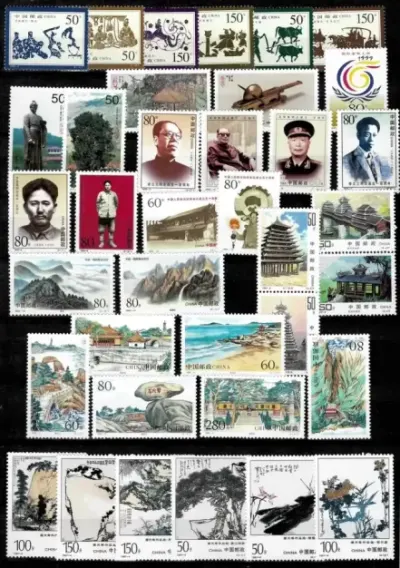
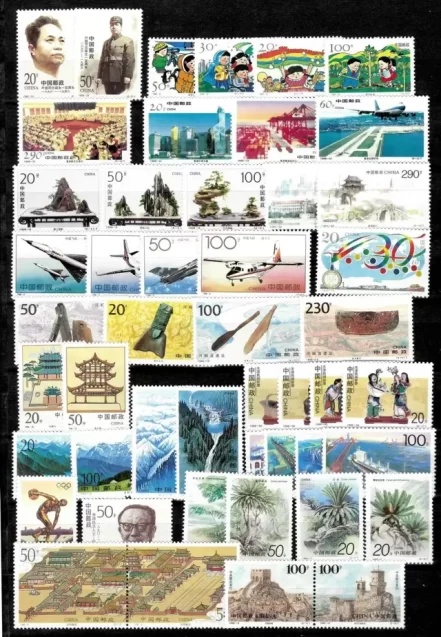
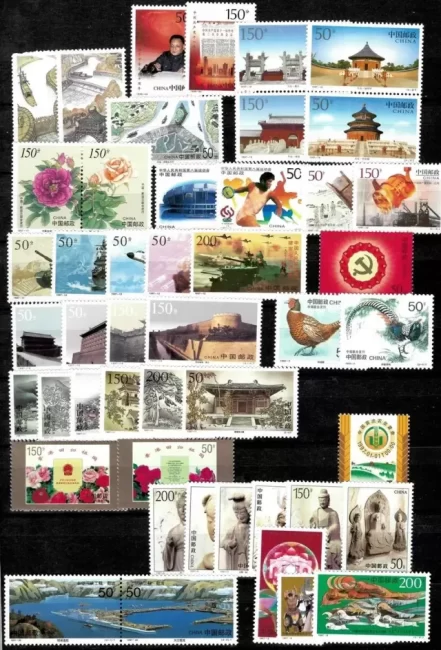
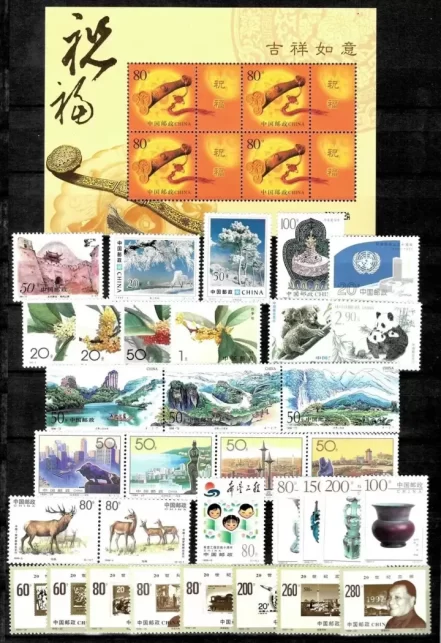
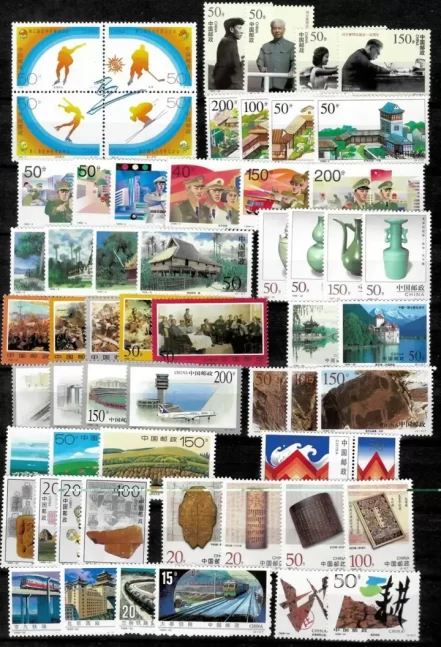
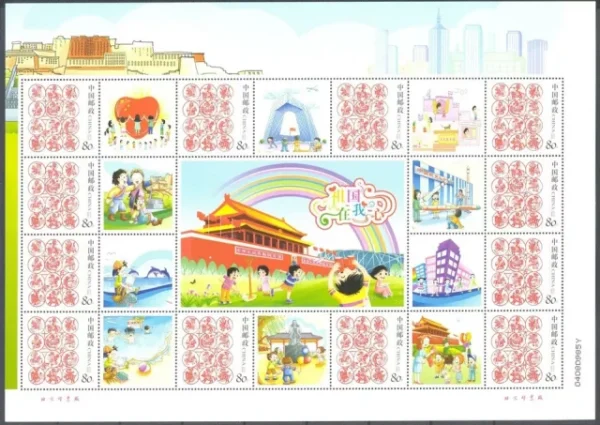
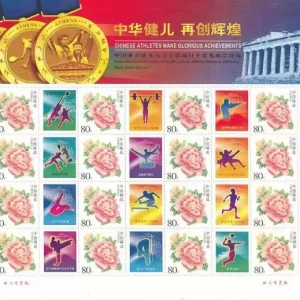

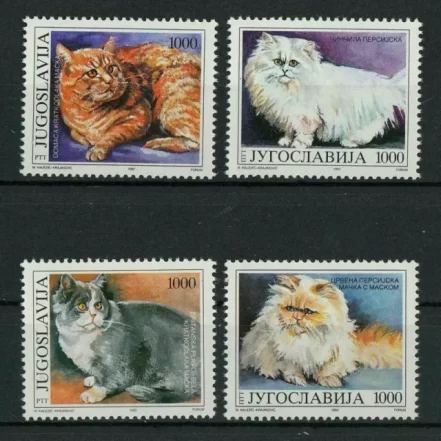


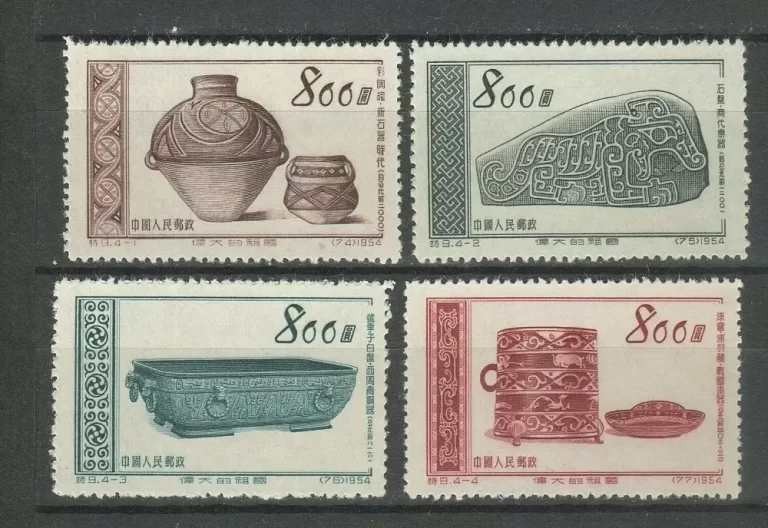

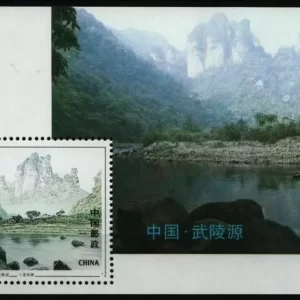
Reviews
There are no reviews yet.